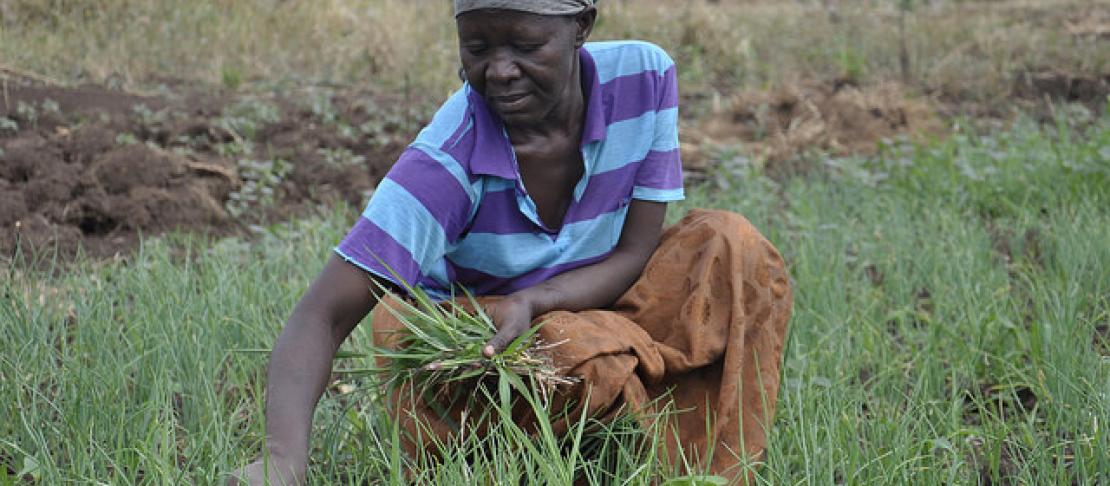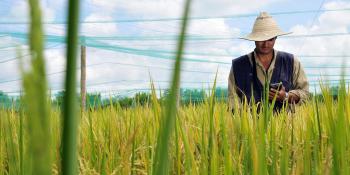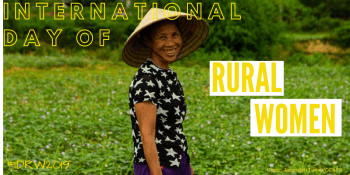Women and environment: Understanding market-based conservation schemes from a gendered perspective

New study reveals widespread gender exclusion in payment for ecosystem (PES) services as a climate change adaptation option.
Men and women are increasingly recognized as resource managers in crop and livestock-based systems, especially within the context of climate change.
If you want to know more about research on closing the gender gap in farming under climate change:
- read our special blog series on Closing the gender gap
- watch the presentations and the panel discussion from the Closing the gender gap event
- follow the #AgGenderGap event hashtag on twitter
A number of approaches have been adopted towards conservation of natural resources with a view of ensuring environmental sustainability especially in areas where crop and livestock agriculture is the main source of livelihood. These approaches include payments for ecosystem services (PES) – a market-based conservation approach with an incentive for farmers.
Altering natural resource management practices affects how men and women carry out their agricultural activities and influences the welfare outcomes they get. However, despite the recognition of gendered differences in resource access and use, gender inclusion in conservation research and implementation remains limited.
A new study by scientists from the University of Hohenheim and the International Livestock Research Institute (ILRI) explored the extent to which three market-based conservation schemes in Kenya integrate gender in design and implementation. The study, which was supported partly by the CGIAR Research Program on Climate Change, Agriculture and Food Security (CCAFS), was premised on the hypothesis that for a balanced outcome of its objectives and household welfare, a careful consideration of the intra-household implications of market-based conservation schemes is important.
Need for broader interventions
The study revealed that despite gender differentiated costs and benefits incurred by community members dependent on crop and livestock agriculture around conservation areas, there is widespread gender exclusion in the schemes.
Further, the results found that while cash transfers provide a steady income during periods of climate variability, gender inequality limits women’s adoption of PES as a climate change adaptation option.
Unequal land tenure and perception biases were major challenges facing women’s direct access to PES benefits which were often accrued and controlled by male household heads.
These findings suggest that market-based mechanisms alone cannot address the gender imbalances characteristic of conservation contexts. However, coupled with side objectives, achieving social outcomes is possible. Thus, the study recommends a broader conceptualization of property rights beyond that of ownership to incorporate use rights and labor costs often incurred differently, but considerably by men and women.
Dorine Odongo is Communications and Knowledge Management Specialist for the Livestock Sytems and Environment Programme - ILRI
This work is based on a PhD study by Juliet Kariuki, a researcher at ILRI. The document will be available soon.



